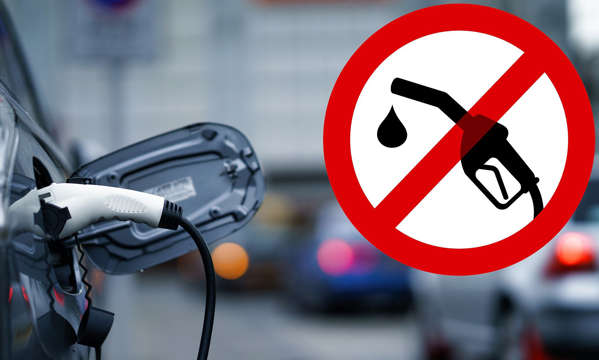Think tank and delegates at the Cop26 climate summit seek an agreement to ban the sale of petrol cars worldwide by 2035, Per Second News gathered.
The Energy Transitions Commission said a swift end for polluting cars was one of six measures that could keep the Paris Agreement targets alive.
The others include a faster coal phase-out and a cut in methane emissions led by the US, Canada, Russia and China.
A report written by dozens of energy industry insiders said cities could decide at local level when to end the use, rather than just the sale, of polluting cars.
Technological improvements “make it possible to drive road transport electrification far more rapidly than seemed feasible five years ago”, it said.
Setting a 2035 deadline for sales could lead to one in five cars on the road being electric by the end of this decade, experts said.
They said this could save about two billion tonnes of carbon dioxide a year, and perhaps more if there is progress on heavy-duty vehicles.
“A strong agreement to commit to ending sales [of petrol cars] by 2035 at the latest is therefore a crucial Cop26 priority, supported by clear targets from countries and car manufacturers,” they said.
The panel said quick action was necessary to maintain hopes of limiting global warming to 1.5°C above pre-industrial levels. This is the aspiration of the Paris Agreement.
Britain has a 2030 deadline to stop the sale of polluting cars. The EU is looking at 2035. Germany’s plans may depend on the outcome of coalition talks involving the Green party.
The UK says it wants to use its presidency of Cop26 to push other countries to move faster towards electric cars. The move is intended to halt the sale of petrol cars.
In the US, President Joe Biden wants half of vehicles sold in 2030 to be electric. California has gone further with a ban on polluting cars by 2035.
A ban on the sale of new petrol and diesel cars and vans by 2030 was announced in November under Boris Johnson’s 10-point climate plan.























Leave a comment